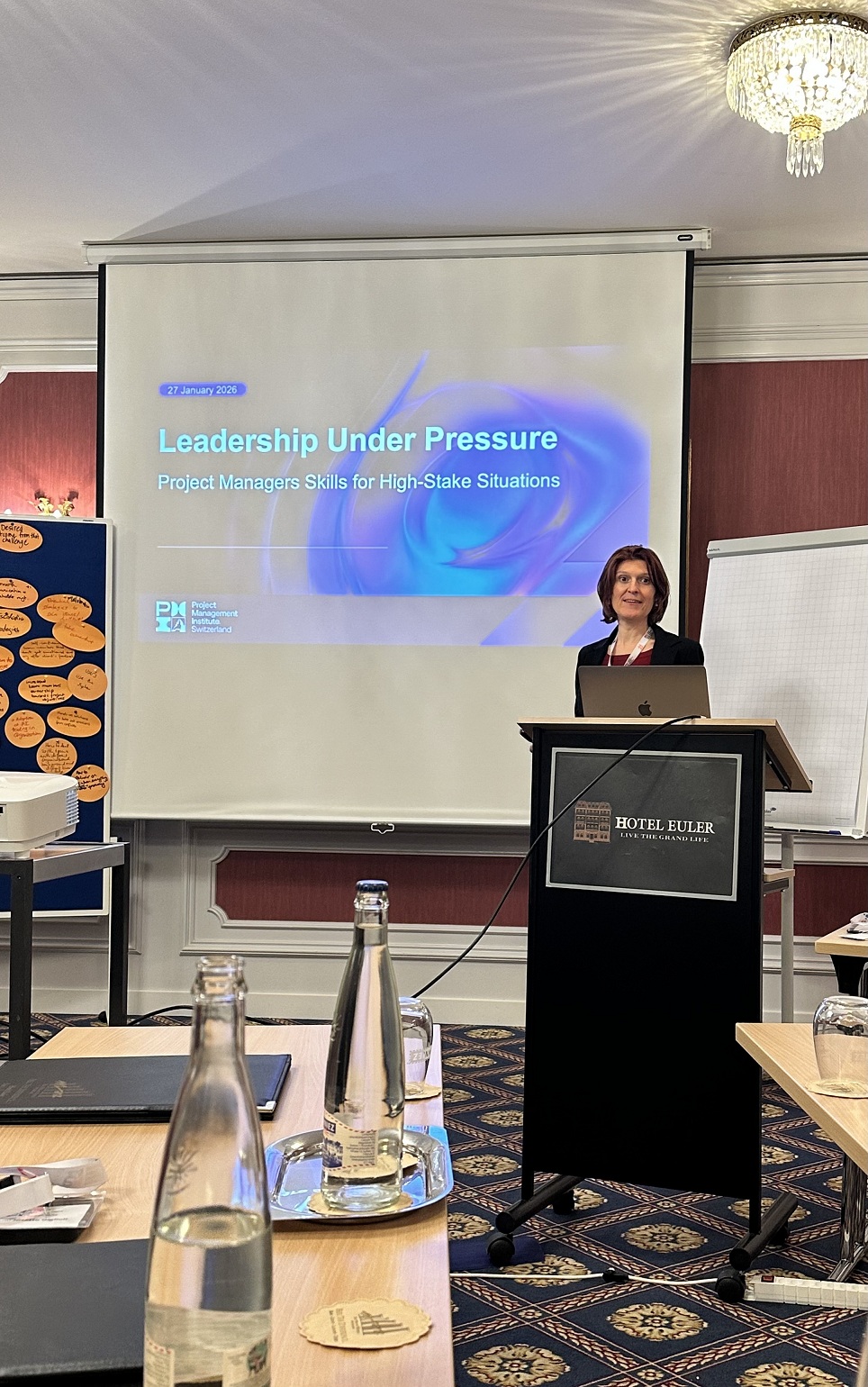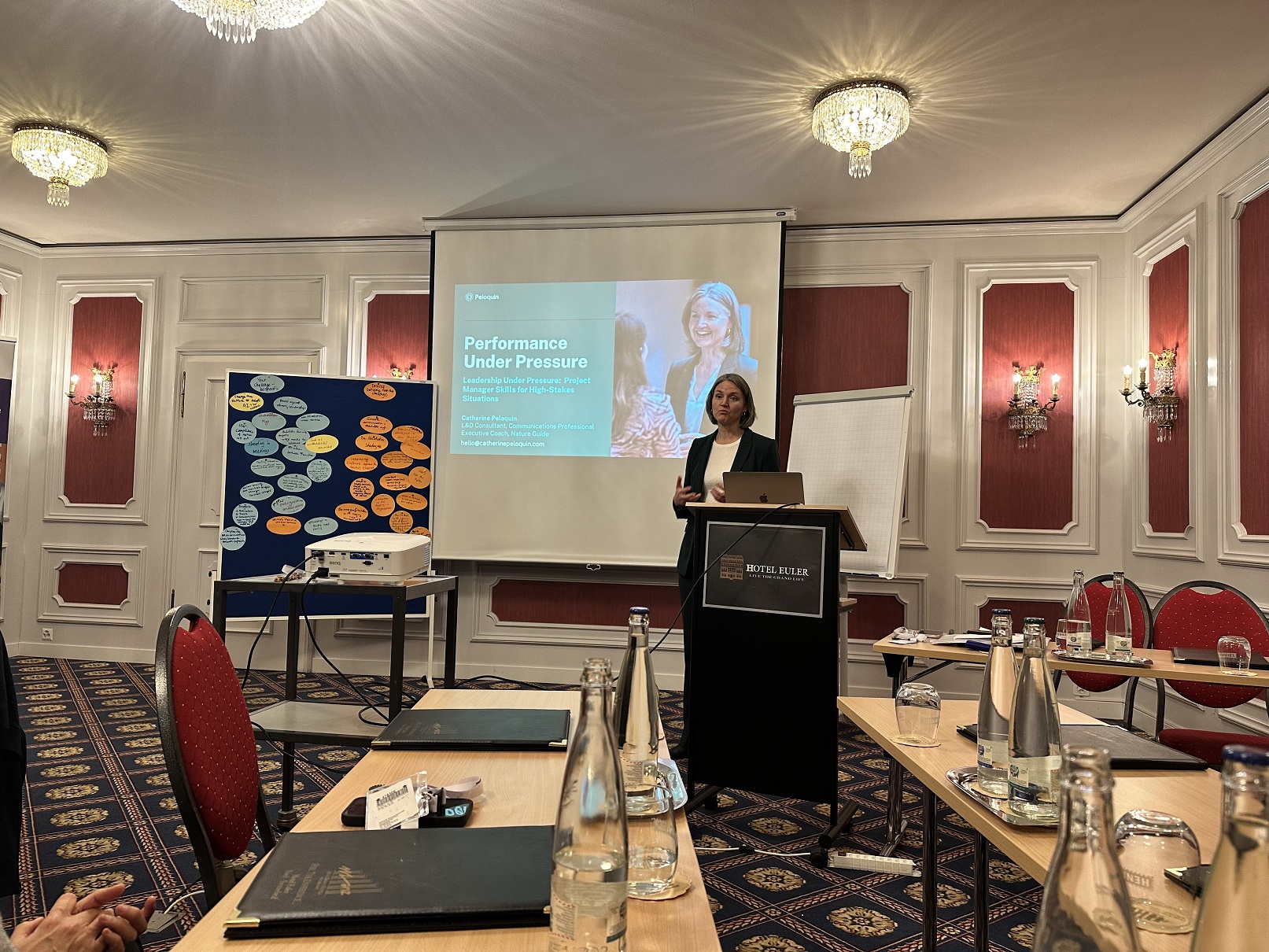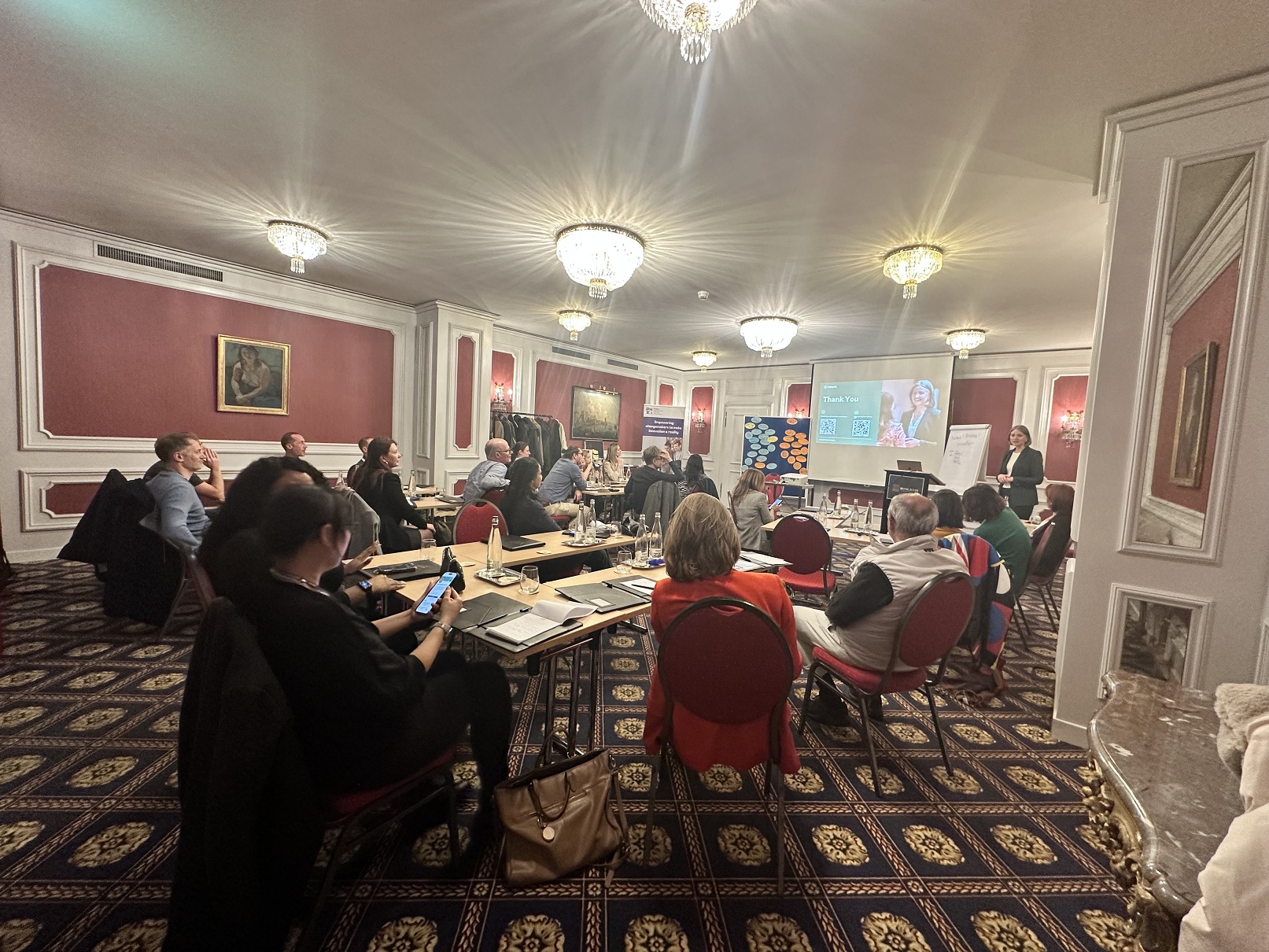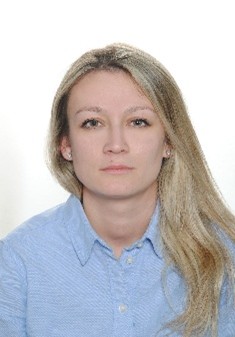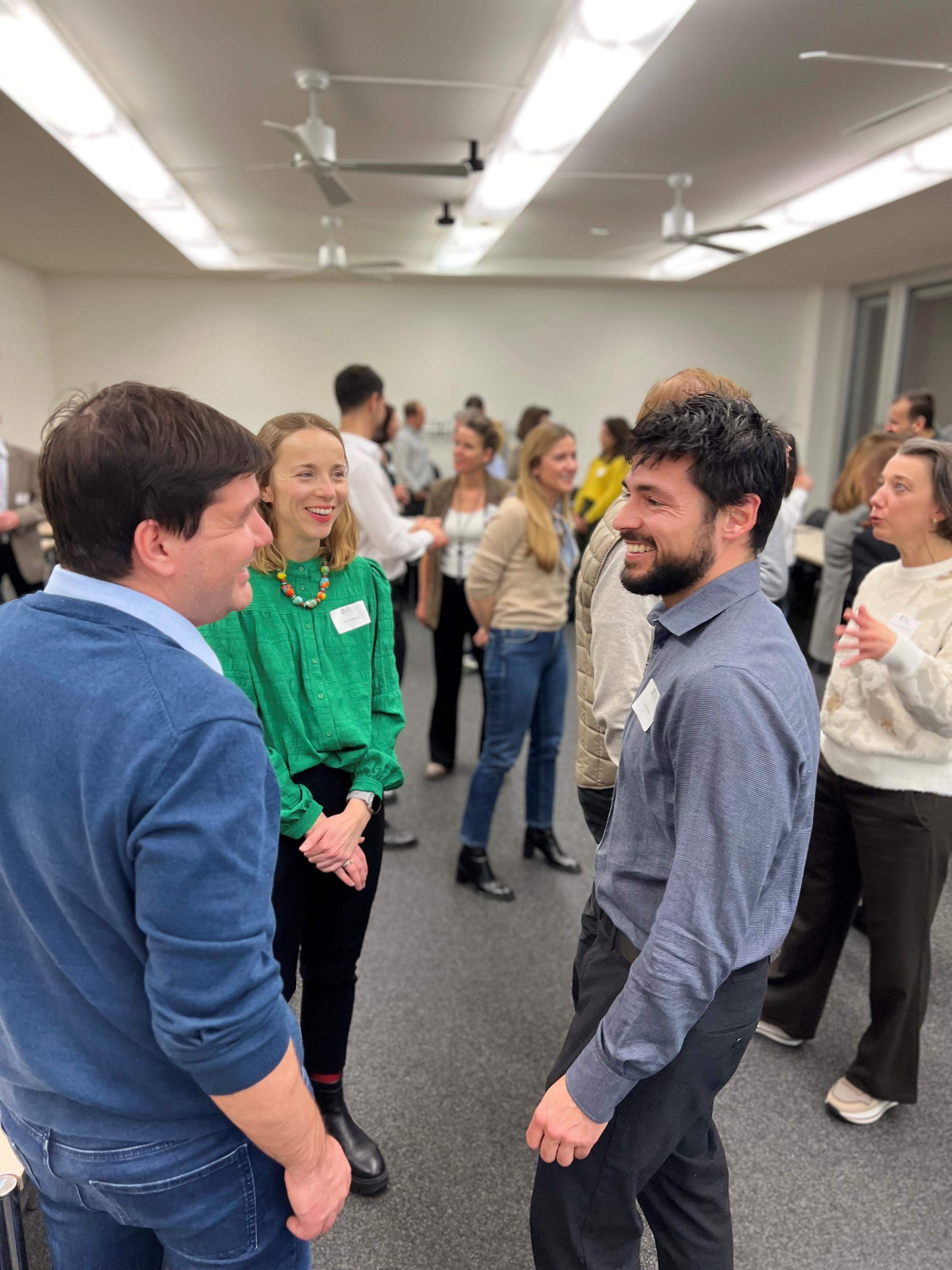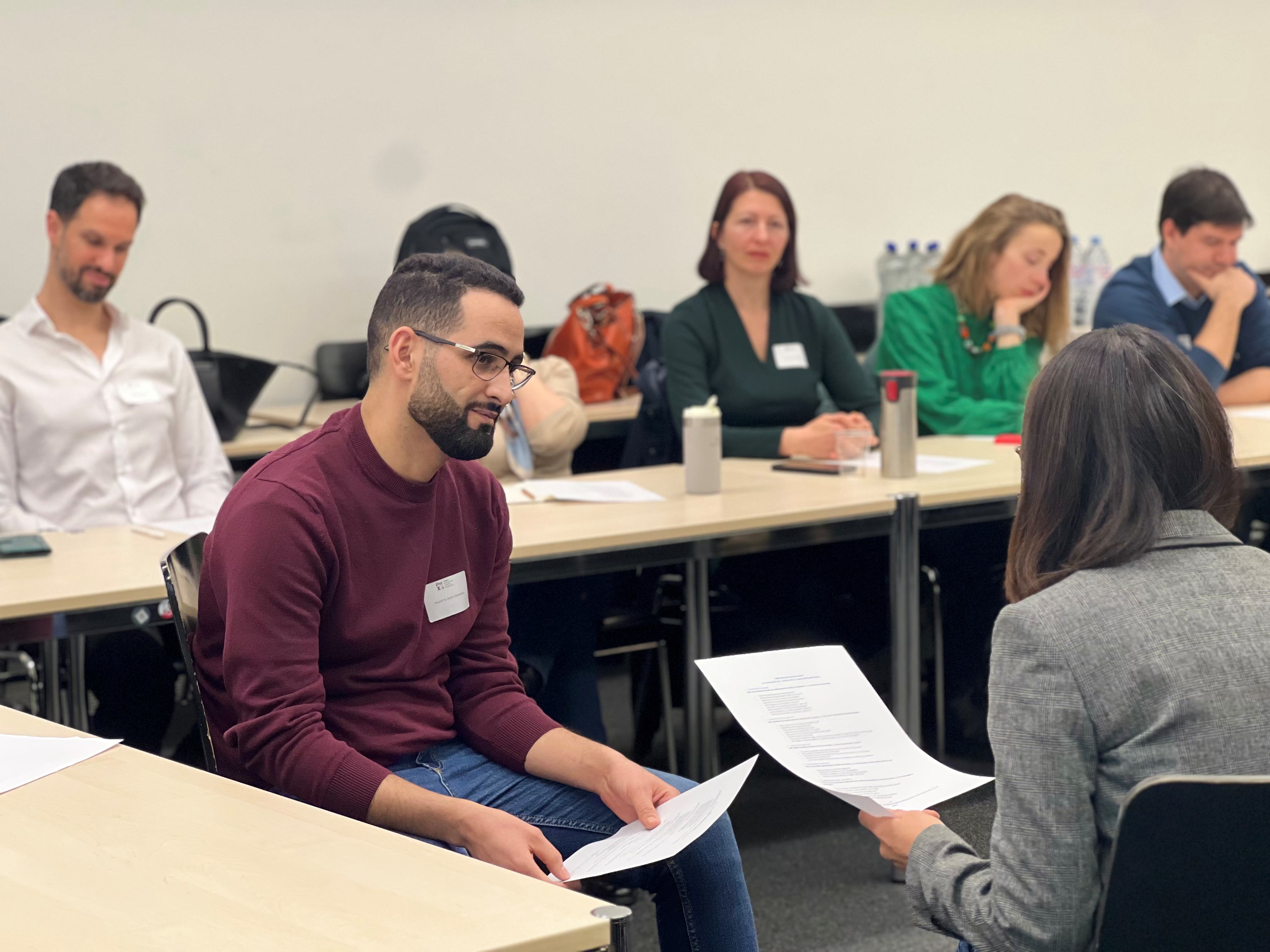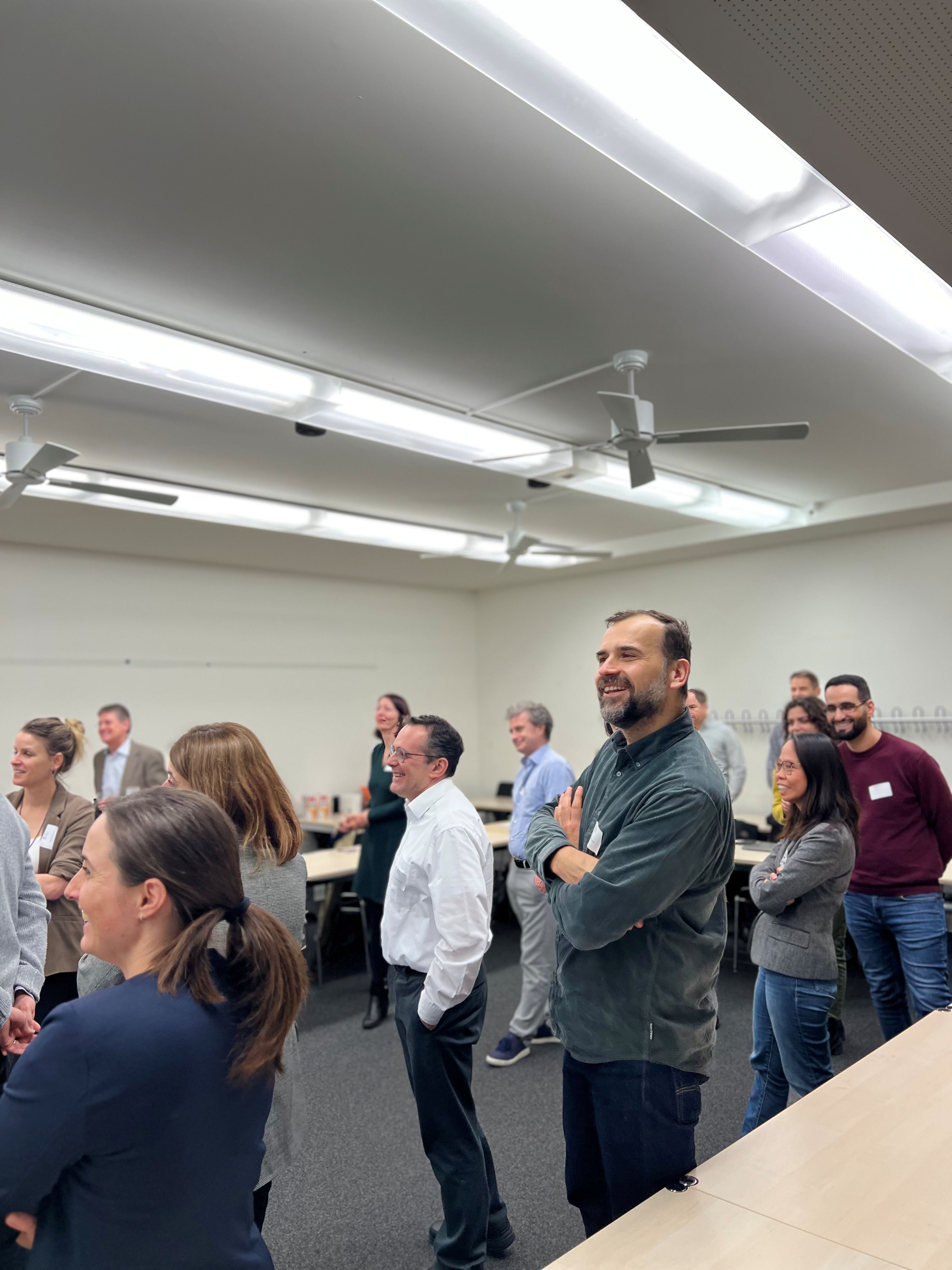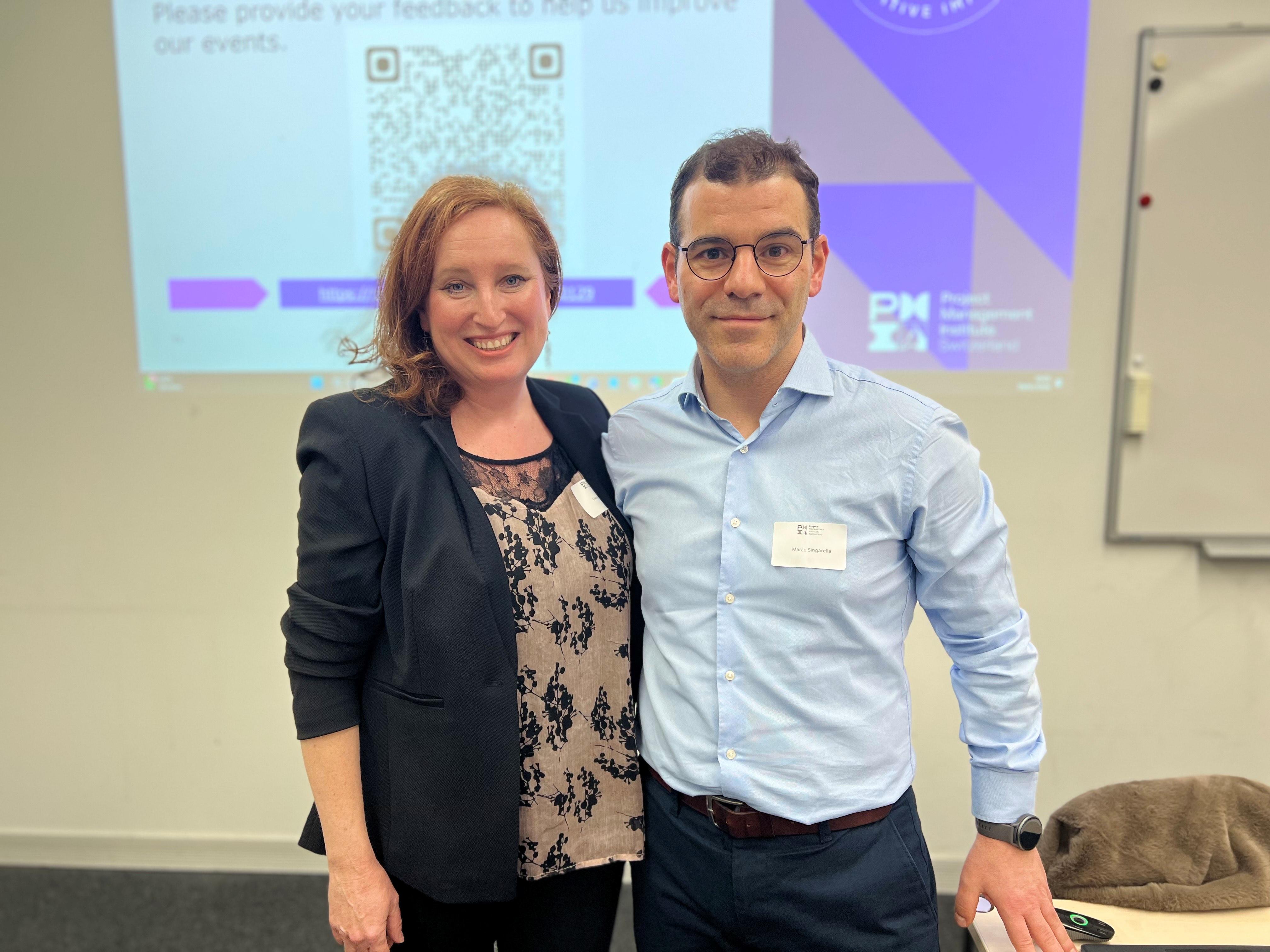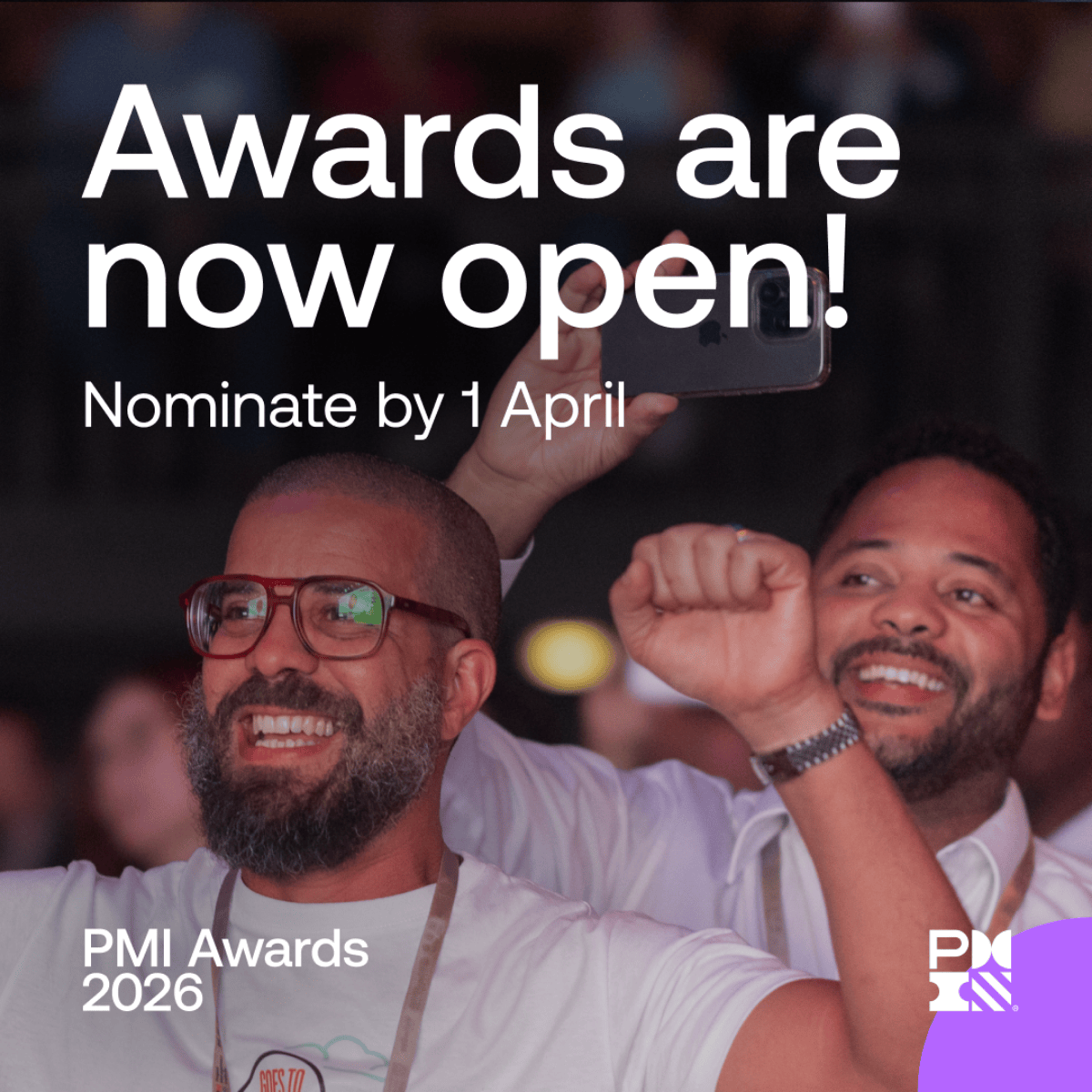Author: Sonika Mehra, PMP
Leadership Under Pressure: Project Managers Skills for High-Stake Situations
On 27 January 2026, PMI Switzerland hosted an insightful and energizing session in Basel titled “Leadership Under Pressure: Project Manager Skills for High-Stakes Situations.” The keynote was delivered by Catherine Peloquin, a Learning & Organizational Development Consultant, Communications Professional, and Executive Coach known for her work in performance under pressure, executive presence, and burnout prevention.
Introducing the Speaker: Catherine Peloquin
Catherine brings a unique blend of expertise across leadership development, communication, and human performance. Her background as an executive coach and nature guide enriches her approach to helping leaders navigate demanding environments with clarity and resilience. She supports leaders and teams in strengthening executive presence, improving communication under stress, and building sustainable performance habits.
Her session in Basel reflected her signature style - practical, grounded, and deeply human.
An Engaging and Encouraging Session
Upon arrival, we were given the task of scribbling down one of the most frequently encountered challenges from our day-to-day life, as well as being clear on the desired outcome from the session. It was really encouraging for most of us who were attending our first PMI session.
From the very first moments, the session sparked the audience’s curiosity and pulled everyone right in. Catherine’s vibrant facilitation style brought in active participation, thoughtful reflection, and open discussion. Attendees were not passive listeners; they were invited to explore their own reactions under pressure, experiment with new tools, and share experiences from their professional lives.
The atmosphere stayed lively and engaging throughout, with several moments of collective insight as participants recognized shared challenges and opportunities in high-stakes project environments. The experience even included some strengthening squats, highlighting the importance of teams.
Key Themes and Insights
1. Understanding the Pressure Response
Catherine introduced the Stimulus - Response model (Input-> Internal Response->Outer behavior/performance), emphasizing the “space” between the two, where leaders have the power to choose their reaction. Drawing on Viktor Frankl’s well‑known insight from Man’s Search for Meaning, she highlighted how awareness and intentionality can transform performance under stress.
Participants explored the Stress Cascade, learning how cortisol, adrenaline, narrowed thinking, and survival responses (fight, flight, freeze) can influence decision-making and team dynamics.
2. Creating Safety in High‑Pressure Situations
A central theme was the importance of psychological and relational safety. Catherine demonstrated how posture, tone, facial cues, and environmental awareness can shift a conversation from tension to collaboration.
She encouraged leaders to recognize “armor” - the protective behaviors people adopt under threat - and to own their impact without judgment.
3. Practical Tools for Immediate Use
The session offered actionable techniques, including:
- Pause – Observe – Connect – Choose
A simple yet powerful framework to interrupt automatic reactions, eg, take a deep breath and one of the participants suggested that counting teeth could also be one. - Lean In / Lean Out / Be the Change
Strategies for adjusting presence and communication depending on the situation. - Sentence Starters
Practical phrases to de-escalate tension, such as:
“I want to slow us down, so we don’t miss what matters.”
“My intention here is clarity, not blame.”
These tools resonated strongly with participants, who appreciated their simplicity and real-world applicability.
Grounded in Real-Life Examples
Throughout the session, Catherine shared relatable examples drawn from her coaching practice and leadership work. These stories illustrated how project managers often face high-stakes decisions, interpersonal friction, and time‑critical challenges as well as how small shifts in awareness and communication can dramatically improve outcomes.
Participants also contributed by sharing their own experiences, creating a rich exchange of practical insights. This blend of theory and lived reality made the session especially impactful.
Building Capacity for Sustainable Performance
Catherine closed by reminding the audience that capacity is consumed under pressure but rebuilt through recovery. She emphasized the importance of rhythm, emotional steadiness, and intentional communication, not only for individual resilience but also for team trust and performance.
A Valuable Learning Experience for the PMI Community
The Basel event was a strong start to the 2026 PMI Switzerland calendar. Attendees left with renewed confidence, practical tools, and a deeper understanding of how to lead effectively when stakes are high.
PMI Switzerland extends its gratitude to Catherine Peloquin for delivering such an engaging and meaningful session, and to all participants who contributed to the lively and thoughtful discussions.
